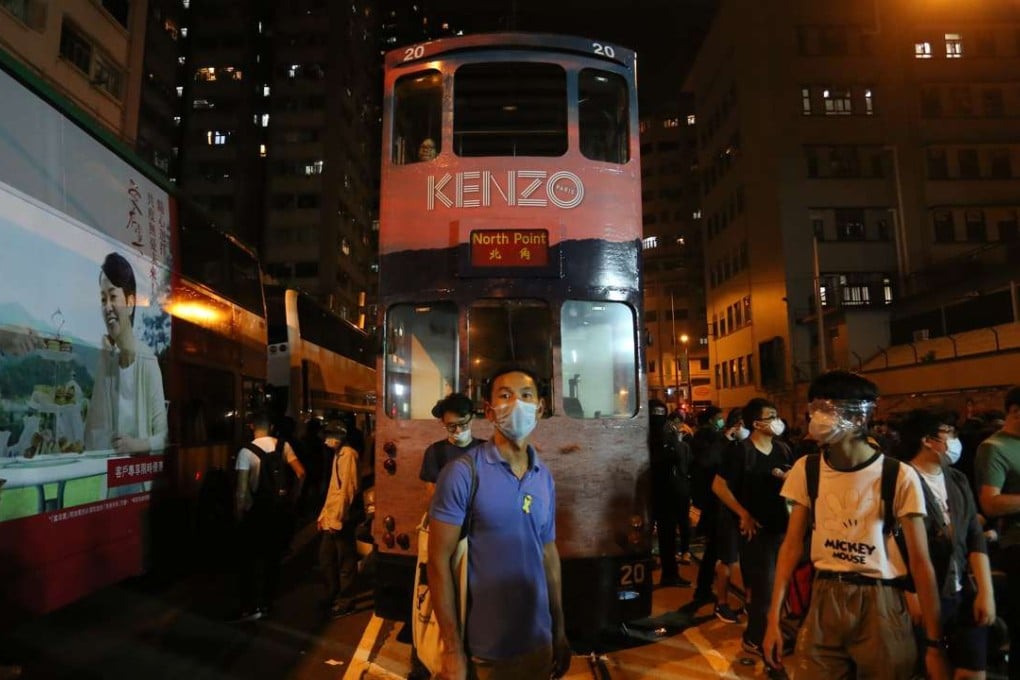Trump’s America and Hong Kong’s oath taking crisis: how they are linked
As the liberal order erodes, and growing inequality fuels anti-establishment forces, the seemingly disparate societies are converging in a way once unimaginable

Nobody could say that 2016 has been a dull year in politics. November alone has seen two major incidents: the election of Donald Trump as president of the United States and the disqualification of two members of the Hong Kong assembly over an oath sworn in a manner that Beijing considers to be insulting to China. The latter might seem, at first glance, a rather smaller affair than the first. But they both speak to wider dilemmas gripping politics across the world.

The first is the erosion of the liberal order that has underpinned the world since 1945. The second is the increasing inability of societies, democratic or authoritarian, to create a shared domestic consensus at a time of economic stagnation.
There is huge anger at the failure of governments to distribute the products of growth equitably and this has led to a severe assault on political establishments around the world. In June, Britain voted for Brexit, the decision to leave the EU. Although a number of factors lay behind the vote, there seems little doubt that popular resentment against immigration was one reason, and xenophobic attacks on foreigners have increased in the aftermath of the vote.
WATCH: Hong Kong supporters of Donald Trump
Last Tuesday, US voters who felt that they had been left behind by globalisation voted in enormous numbers for a candidate who assured them that a wall to keep out Mexicans and a law to keep out Muslims might make them feel better. The past two years have seen the growing economic malaise in Hong Kong fuel anger against mainland China. The Occupy movement of 2014 and the election of candidates sceptical or downright opposed to Beijing in this year’s elections were in part a reaction to a sluggish economy, with protestors complaining that if China would not provide greater prosperity, at least it could support more a more liberal politics.